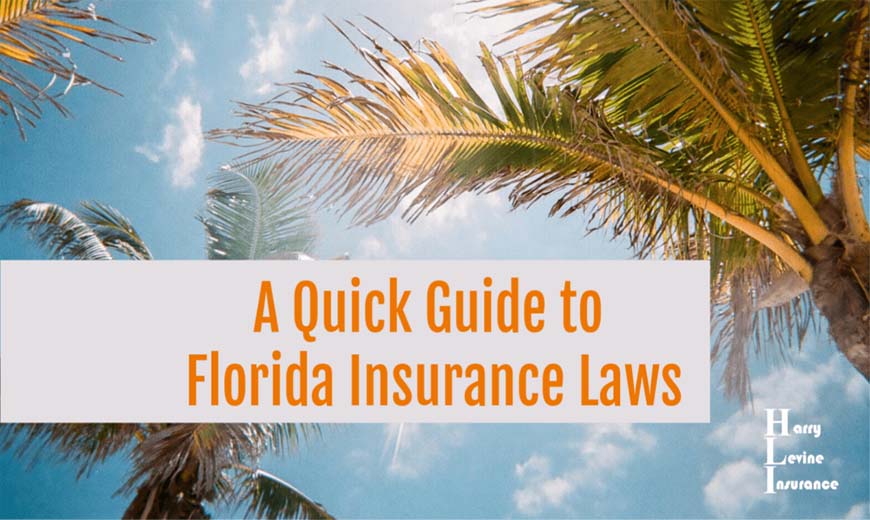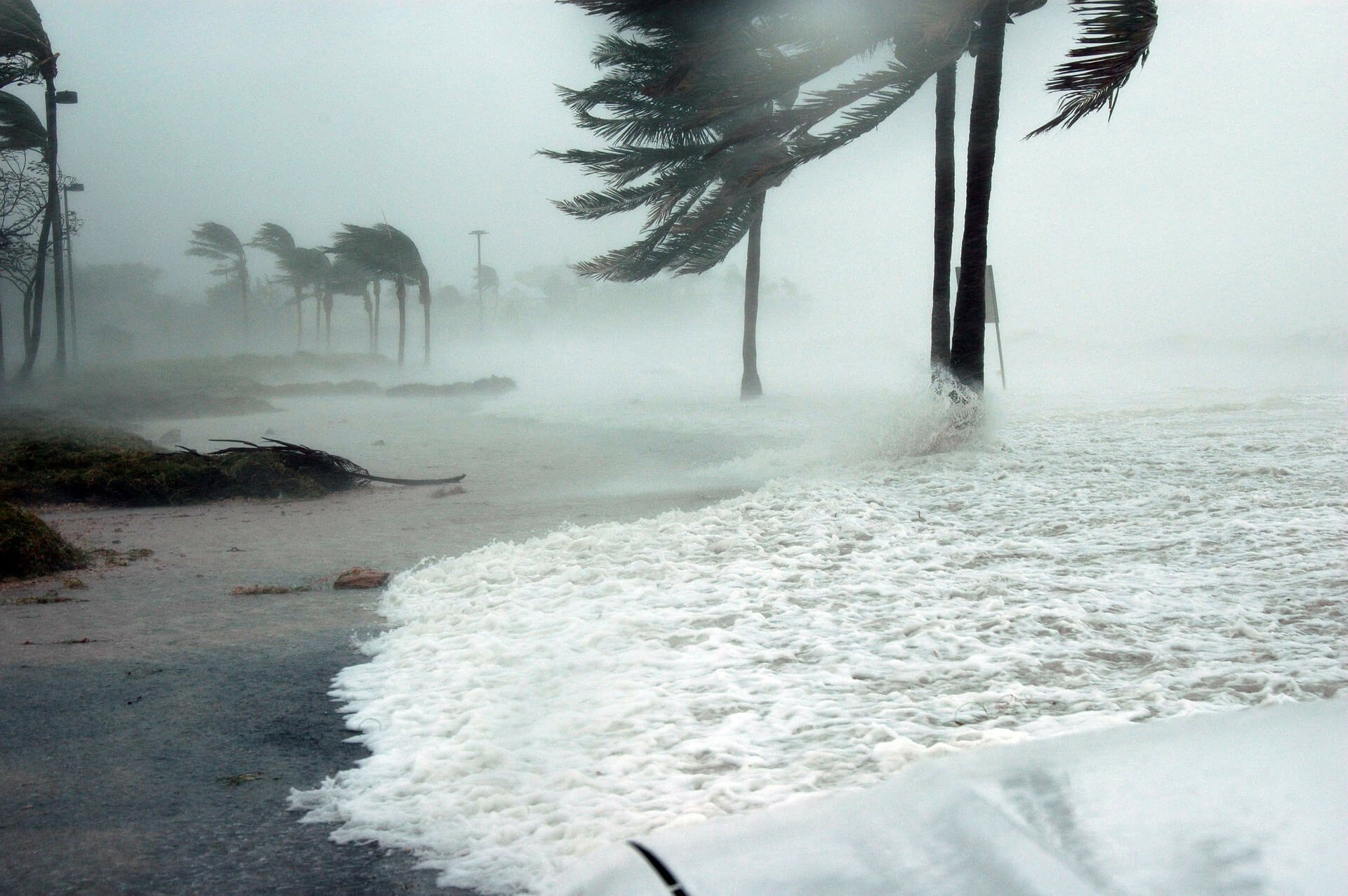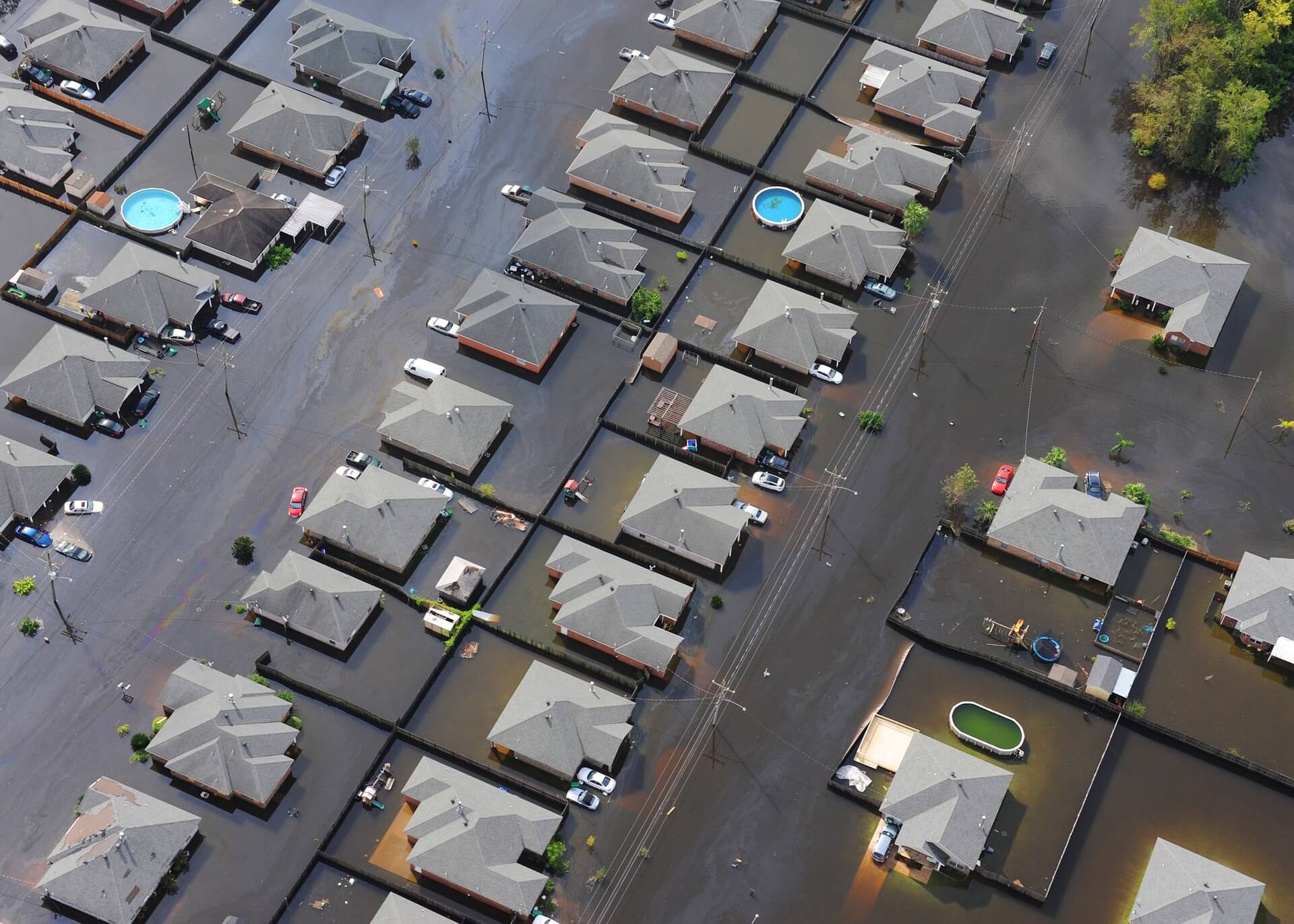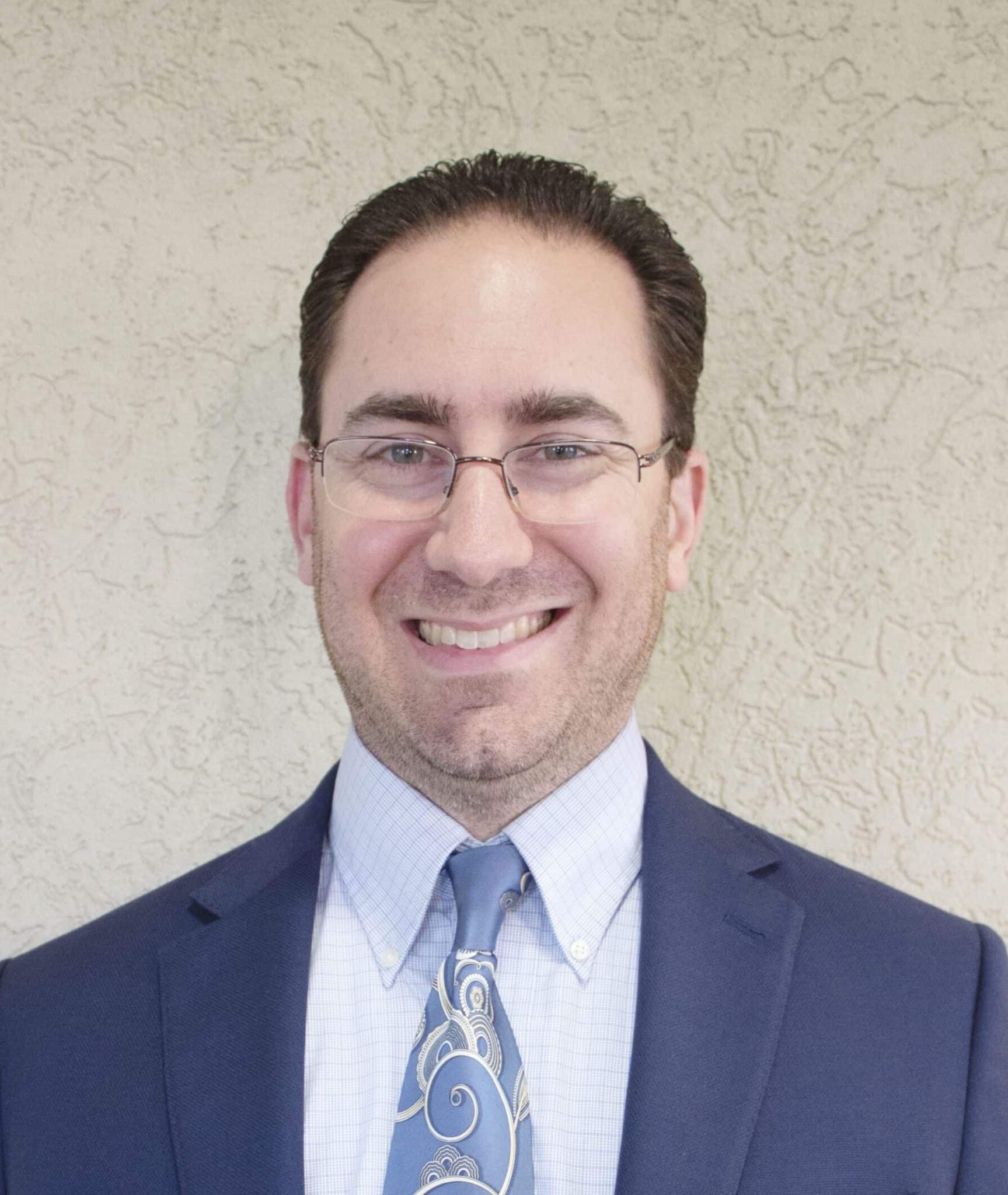Settling down in the Sunshine State?
Florida remains one of the most popular states in the country, with roughly 900 people moving to the state every day. That’s 330,605 new residents each year! And frankly, with year-round sunshine, warm temperatures, beautiful sandy beaches, and countless things to do, who can blame them?
But if you’re planning on joining us in this wonderful state, you’ll need to know more than what hours Disney is open. Here are some of the things you need to know about Florida insurance laws.
Keep reading our guide so that you’re prepared for your big move.
Is Homeowner’s Insurance Required?
There is no state law that requires you to purchase homeowner’s insurance. However, most lenders will require you to have a certain amount of insurance before they will approve you for a mortgage. This not only protects their investment, it provides you with significant financial assistance when (not if) you need it.
There are Florida insurance laws regarding vehicles, however. Every car registered in the State of Florida must have a minimum of $10,000 in Personal Injury Protection (PIP) coverage and $10,000 in Property Damage Liability (PDL) coverage.
PIP covers injuries that you sustain regardless of who was at-fault for the accident. PDL covers the damage to another’s property in the event that you (or someone else) caused an accident while driving your vehicle.
Legally required or not, home and auto insurance should never be overlooked. You can never predict when loss, damage, or theft will occur; having insurance will ease your financial burden in the long run.
Unique Florida Property Insurance Elements
Some states see blizzards. Some experience regular water shortages. Others might exist under threat of tsunamis.
In Florida, we have our own unique set of risks that you may not be familiar with if you’re moving from another state. And as a result, Florida insurance companies issue certain policies to protect you against some of the more common threats that Florida residents face.
Some insurance companies will expressly exclude these from their standard coverages, which means you’ll need to add additional riders or a separate plan before you feel adequately protected.
Pools
More than a million Florida homeowners agree: it’s nice to have a pool in your backyard. But think carefully before you make an offer on the house with a sparkling pool.
Depending on your policy and insurance carrier, having a pool may raise your homeowner’s premiums. (Talk to your insurance agent to see if this is the case for you.) At the very least, it’s the best practice for a pool owner to carry extra liability coverage, since having a pool is an added risk.
Sinkholes
Florida’s extensive underground aquifer system makes sinkholes just another part of life here in the Sunshine State. In fact, over 400 sinkholes have been reported since Irma hit in 2017.
These massive holes in the ground can be hundreds of feet deep and cost hundreds of thousands of dollars to fix. If you are moving to a region where sinkholes are more likely, the good news is that Florida law requires insurance companies to offer Catastrophic Ground Cover Collapse coverage on all homeowner’s insurance policies.
It’s worth mentioning, however, that this insurance coverage doesn’t apply until ALL of the following conditions have been met:
- The abrupt collapse of the ground cover;
- A depression in the ground cover clearly visible to the naked eye;
- Structural damage to the covered building, including the foundation; and
- The insured structure being condemned and ordered to be vacated by the governmental agency authorized by law to issue such an order for that structure.
Wind
Hurricane season is the price that Floridians pay for enjoying snow-less winters and year-round beach access. And when a hurricane strikes, it’s not the rain you have to worry about, but the wind.
Many people don’t realize that it’s the wind that causes some of the most extreme damage to homes. Even a Category 1 hurricane can bring wind speeds between 74-95 mph. Since 2004, eight major hurricanes have hit Florida and seven of them were a Category 3 or above.
The good news is that wind damage is nearly always covered by your standard homeowner’s policy, but if you live in a coastal area that’s more prone to strong winds, you might want to look into additional coverage options.
Flood
A basic home insurance policy may cover water damage if a pipe bursts, but they won’t cover a flash flood. Hurricanes are not the only culprit when it comes to Florida floods. Heavy summer storms can quickly overwhelm storm drains and flash flooding is a risk all over the country.
The good news is that Floridians have access to affordable flood coverage through the National Flood Insurance Program (NFIP). Premiums vary based on the location of your home, but the average annual cost is $545.
We Know Florida Insurance Laws
If you’re planning to buy a home and move to Florida, it’s important to understand the Florida insurance laws, policies, and best practices so you don’t find yourself stuck with no coverage when the worst happens.
Florida might be an expensive state for homeowners’ insurance premiums, but having the right level of coverage is more important than switching to a cheaper policy (or worse, not having insurance at all).
A local independent insurance agent can advise you on the different types of coverage you need and find a network of policies that works for you based on the law and your own level of risk.
What’s more, because they are not captive to a specific carrier, an independent agent like Harry Levine Insurance can provide quotes from multiple companies to find you the best coverage you can get at a competitive price.
Get a quote for home insurance today and start planning your move to Florida. We can’t wait to meet you!









